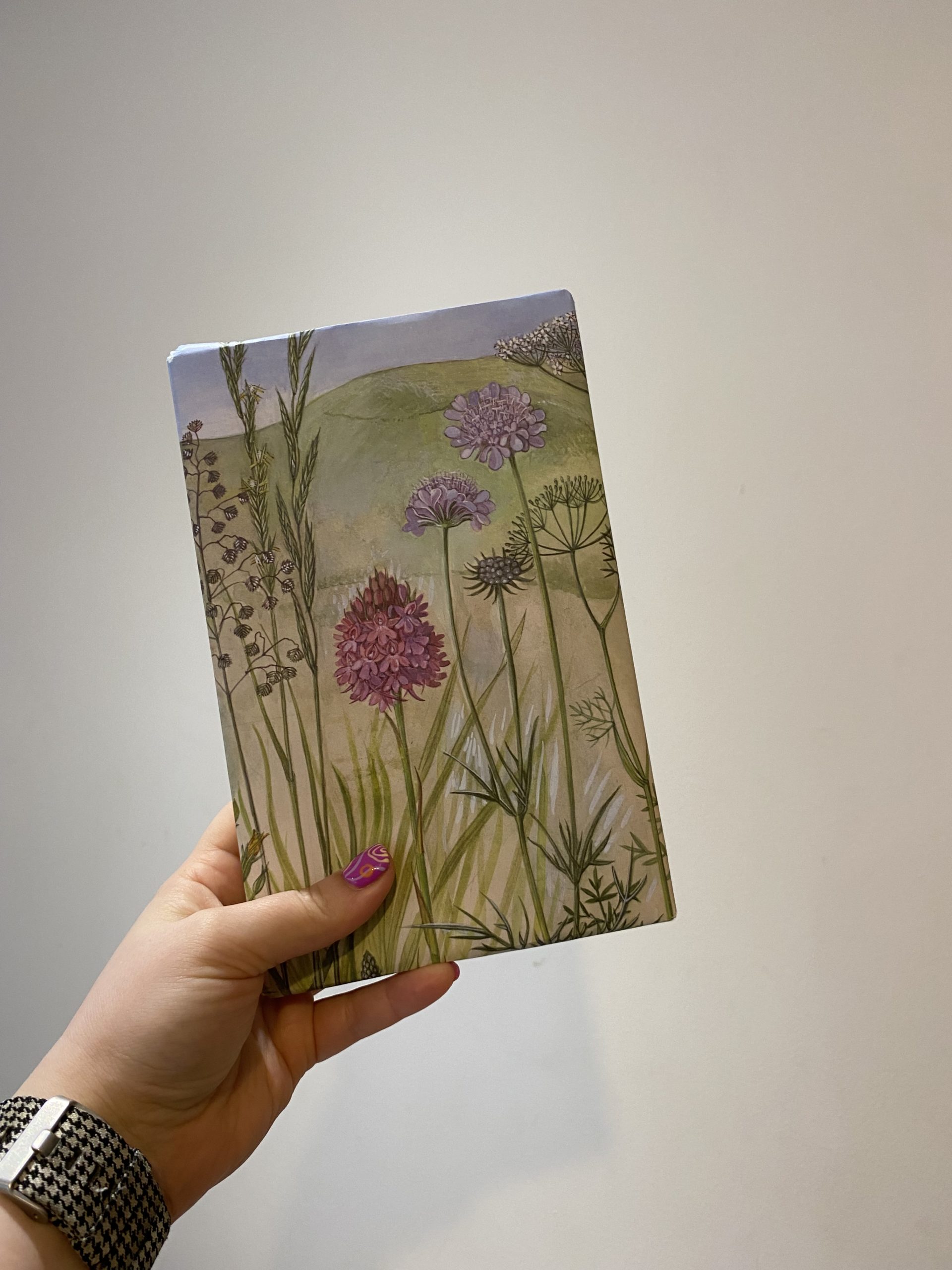I recently found myself at Blackwell’s looking at Books I Can’t Afford, a weekly event, when I stumbled upon a ‘blind’ bookshelf.
The concept is basically not to judge a book by its cover. The books are all wrapped in a nice paper with a short description, sometimes it’s a short blurb or some keywords to describe the themes of the book. The idea is to take a book with themes that appeal to you and read something that you wouldn’t normally do.
This has become increasingly popular over the past year with Blackwell’s, Oxfam and many Etsy stores jumping on the bandwagon. The Mancunion even had our very own “Blind Date with a Book” on Christmas. Our version was more about sharing some of our favorite books without revealing the title and, in the name of sustainability, we encouraged the use of used books or ones you’re willing to let go.
While it’s an interesting concept and you may end up reading something you wouldn’t normally read, there’s a skeptical part of me that wonders if this is just a marketing ploy for get rid of unpopular books or extra stock.
The book I chose when unboxed and unknown was £7.50 and when unboxed the original price was £9.99. It got me thinking, why would bookstores sell a book for less than it’s worth?
The description read, “A timely post-apocalyptic novel set in an America where climate change has ravaged the country. The story follows a family struggling to survive despite poverty and political upheaval. Any guesses?
Sounds interesting (the reason I picked it), but will it be my next favorite book, or will I take it to a charity shop, unread, in the next few months ? Is the book blind date phenomenon a positive initiative encouraging people to diversify, read more, and not judge a book by its cover, or is it another marketing strategy? It may be both.
Either way, this marketing ploy has me hooked and I can’t wait to read Blackwell’s Mystery Book 11. Stay tuned for a review.

